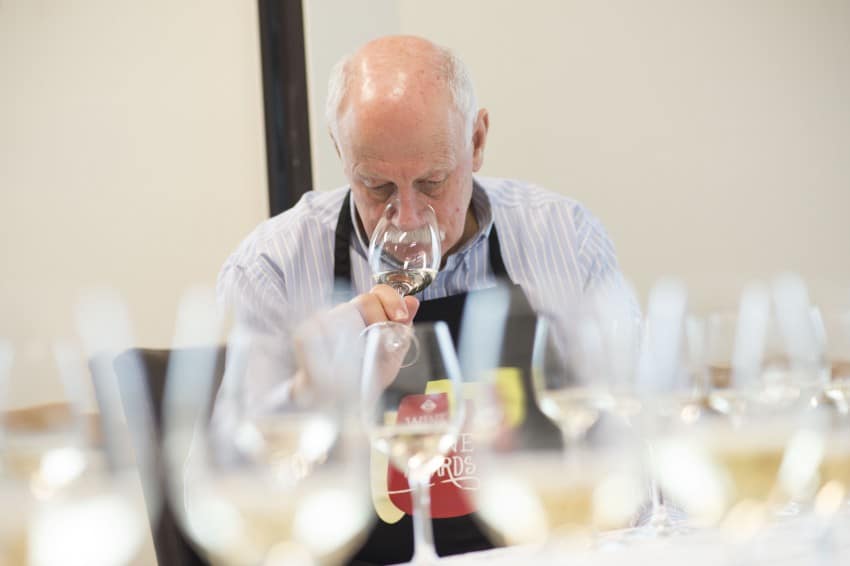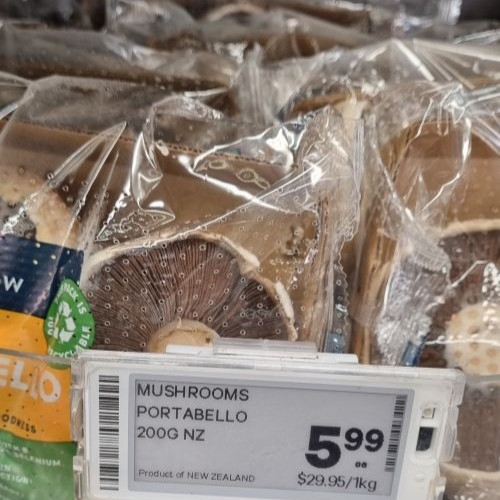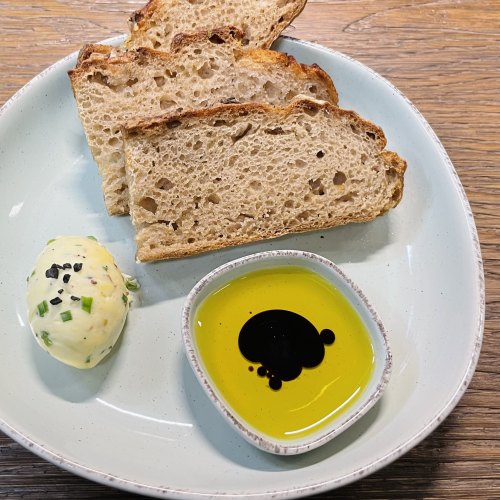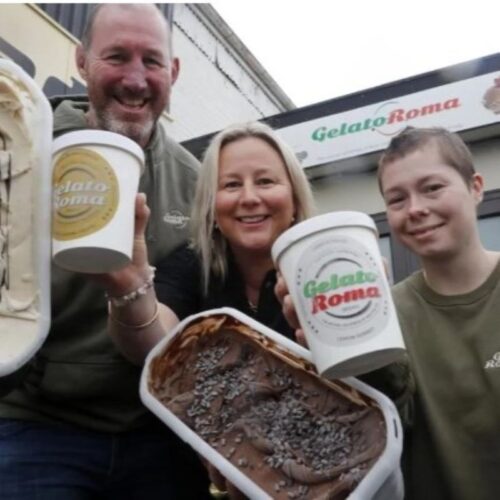
Jim Harré – Wine Judge – Nelson Mail 20.07.16
There has been much talk in the media in recent months about independence of wine writers, paid reviews and gold stickers on wine bottles that promote things other than success, all with the aim of trying to get you and me to select one bottle over another when we browse the shelves of our favourite wine supplier.
In this column I want to have a look at wine shows and the judging process that means you can reply on a gold, silver or bronze wine show medal as a solid indicator of quality, it doesn’t mean you will like the wine because we all have different tastes but it should mean the wine is a great example of the variety and without any faults.
As the three days judging for the New World Wine Awards happens next week I took the opportunity to phone head judge of the competition, Jim Harré and chat with him about the judging process. As our conversation meandered I discovered we have a couple of key wine philosophies in common.
Firstly, drinking wine should be fun and secondly wine producers, judges, reviewers and retailers don’t generally set out to deceive you.
Harré is a hugely respected and experienced wine judge, he is the chairman of judges for the New World Wine Awards that are being judged in Wellington this week as well as being the Chairman of the Japan and China Wine Challenges and is a panel Chairman at the Air New Zealand Wine Awards.
He is also a panel Chairman at the world’s largest wine show, the London International Wine Show and then judges at small wine shows like the Amberley A & P Wine Show; I think it is fair to say he is pretty well qualified to talk about how wine shows work and what they mean for you and me, the consumers.
Wine shows have been around for a long time and have evolved over the years “they evolved from A & P shows where the idea was to see how your product stood up against another wine, people have always looked to have a guide that adds value to that commodity.”
“There are some really interesting concepts that go with the whole thing, it’s not just the trust people have in shows it is the perception of trust, no one sets out to deceive the customer, we have people setting out to sell their product, they don’t set out to get the customer to buy something they don’t want to buy.”
In New Zealand a medal on a bottle is a measure of the quality, a gold medal means the wine has the undefinable x factor that a group of wine experts find special but if you don’t like certain flavours then just because a wine has a gold medal it doesn’t mean it will suit your tastes.
Harré says he is a strong believer in concept of wine shows, “because of the judging process it is the only system where a judge can have an absolutely unbiased opinion; we have all been to a winery, enjoyed the experience, bought some wine we enjoyed in that environment and a few months later find it isn’t as good as you remembered because the environment you were in had an effect on your enjoyment of the wine, wine shows take away those external influences.”
In a wine show all wines are judged without the judges knowing anything about the wine other than the variety, year and a number on the glass, “so there is a strong process to ensure the judging is independent, when I select judges I try and find people who don’t roll over too quickly and avoid others who are too firm and won’t be moved in their thoughts because at the end of the day the judges discuss the wines to find a consensus and eventual winner.”
“The main things that surprise people are how involved the process is and just how the wines are rated. We judge in terms of varietal characteristics. Is it true to its variety? It’s not about whether you like them or not,” Harré says.
It is important judges are able to put personal tastes aside because that is too subjective. “If you don’t like kidneys, you’re never going to like them – it doesn’t matter how they’re served. The same is true for wine varieties, so we’re looking for a standard of quality.”
“One of the important roles is to make sure the wines people are buying, if they have a sticker, is that they are fault free and if there is something unusual about it, it is still in keeping with the variety and within the boundaries of acceptability.”
The New World Wine Awards focus on wines under $25 because this covers around 85% (or more) of wine sold in New Zealand, they are the wines we drink every day and for those people who are exploring wine this is the price range they tend to buy in so it is a really good guide for those wanting to develop their wine knowledge.
The show is judged purely on the basis of “if you win a gold medal at the New World Wine Awards it is like winning a gold medal in the Air New Zealand Wine Awards, the standards are the same.”
Something else people often don’t know is that 99% of judges do it for free, the competition covers air fares, accommodation and meals but they don’t get paid.
Some shows pay a small retainer but there is no expectation you will earn a living from being a wine judge, “so we walk away hopefully having had some fun. A lot of people enjoy the challenge of judging, others see it as personal development, especially those working in the wine trade.
“In this competition the New World wine buyers and liquor managers, the guys who work on the floor, can apply to be an associate judge; we have a programme where we have mock tastings of wines, I go through and have a look at the wines and how the potential judges scored them, compare them to my results and those of another judge and select eight New World staff for the tasting panels.”
“The associates get to spend three days with professional judges, get to understand more about wine and the critical assessment of wine, they learn a huge amount and can take that experience back to the store and they get to tell judges who aren’t working in the retail world what is happening, what is selling, what isn’t, what the buying trends are and so on.
“We also put together a booklet for the top 50 wines after the judging and when I took over as chairman eight years ago we decided that when we talk about wines under $25 they should be fun, too many people try and inject too much seriousness into a product that should be fun and enjoyable, we introduce an element of fun, link wine to occasions, friendship and family, there nothing more boring than reading 100 set of notes written by the same people so each panel makes tasting notes and it is that collection of notes I turn into a booklet.”
People like Harré who give their time for little reward to help you make great wine buying choices are invaluable to both the industry and consumer so next time you select a bottle with a wine show sticker you can rely on the quality, you may not like the flavour so it is over to you to learn about what you like and don’t like.



